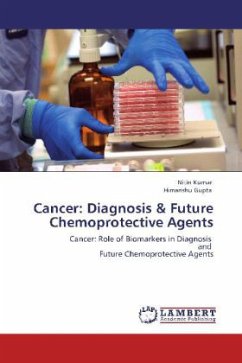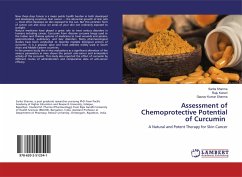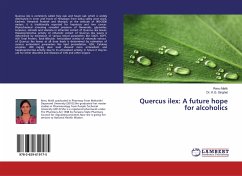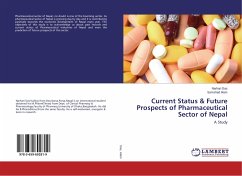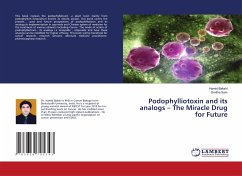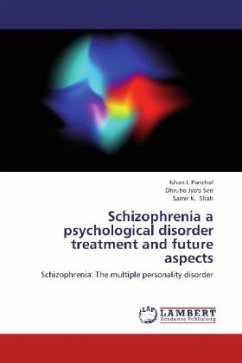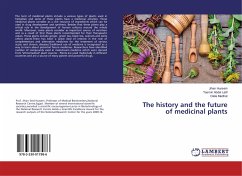Cancer is a disease characterized by reduction or loss of effectiveness in normal cellular control mechanism which regulates multiplication. A normal cell turns into a cancer cell because of one or more mutations in its DNA, which can be acquired or inherited. In the body, every cell type has its own unmatched signature, referred to as biomarkers, they are useful in the diagnosis, monitoring and in predicting the disease progression. It is found that the mediators of inflammation are important constituents of the local environment of tumors. In some types of cancer, inflammatory conditions are present before a malignant change develops. Conversely, in other types of cancer, an oncogenic change induces an inflammatory microenvironment which promotes the tumor development. In some cases, use of NSAIDs is associated with lower risks for esophageal, gastric and colon cancers as well as other solid tumors. Chronic intake of NSAIDs may reduce carcinogenesis by inhibiting production of PGs, cytokines and angiogenic factors. Moreover, the ability of these NSAIDs drugs to prevent cancer is thought to be due, in part, to COX inhibition.
Bitte wählen Sie Ihr Anliegen aus.
Rechnungen
Retourenschein anfordern
Bestellstatus
Storno

